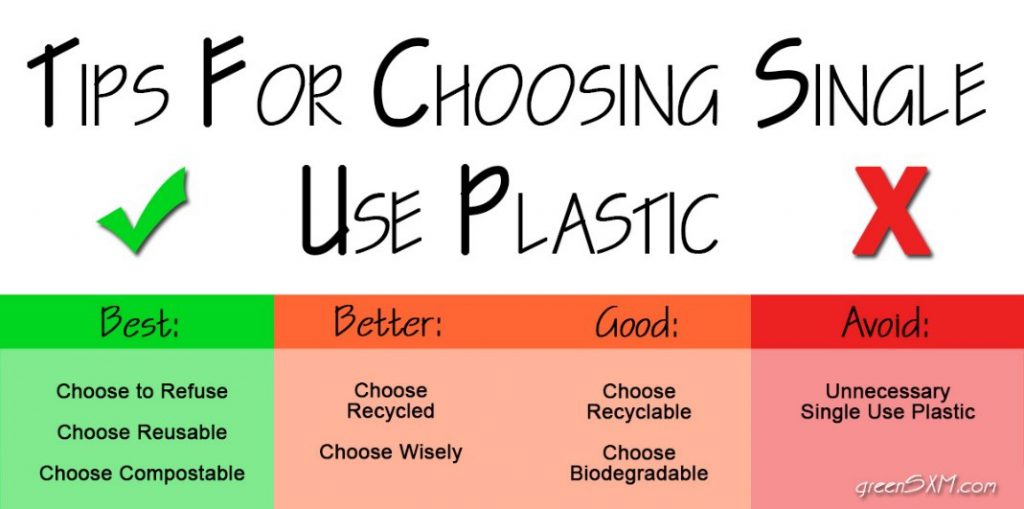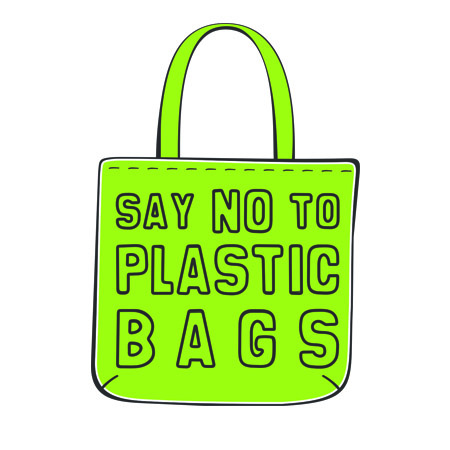Currently, in Canada, only nine percent of plastic waste is recycled. Much of this plastic is durable single-use plastic, which never biodegrades and causes persistent pollution in nature, oceans, and waterways. Today, disposable packaging makes up about 40 percent of all plastic products manufactured.
These unrecycled plastics live in the environment for hundreds, if not thousands, of years. Because they do not decompose, durable single-use plastics break down into tiny particles known as microplastics, which humans and other wildlife ingest through our food and water. Eliminating single-use plastics aims to cut down on the harmful pollution caused by these plastics and microplastics.
The Government of Canada, France, Germany, Italy the UK and European Union all signed on to the Ocean Plastics Charter at the G7 Summit in June 2018, agreeing to find ways to deal with marine plastic litter. In the spring of 2019, Prime Minister Justin Trudeau announced that Canada will ban single-use plastics, including plastic bags, cutlery, straws and more by early 2021. The specific products to be included will be determined by a government-led scientific assessment, which is already underway.
“We know the science and real-world evidence is clear that single-use plastics and waste is toxic, infiltrating food chains, and even the air we breathe. Acting now to ban the most problematic and unnecessary plastics … can set us on a better course.”
According to Greenpeace Canada: “We know the science and real-world evidence is clear that single-use plastics and waste is toxic, infiltrating food chains, and even the air we breathe. Acting now to ban the most problematic and unnecessary plastics … can set us on a better course.”
Here at the Community Health Centres of Northumberland, we know that solving the plastics problem will take each and every one of us making changes in our day-to-day lives.
Whether it is committing to changing the way we shop, or refusing plastic cutlery, drinking straws and cups, small actions can produce big outcomes and every change counts.
Over the coming weeks and months, we will be introducing new practices, seeking feedback, and providing learning opportunities to significantly reduce and ultimately eliminate the use of single-use plastics at the Community Health Centres of Northumberland. This can only be achieved everyone — staff, volunteers, patients, and participants — commit to working together towards a healthier environment.

- View the goals of our “Eliminate Single-Use Plastic” campaign
- Northumberland County Recycling Guidelines


